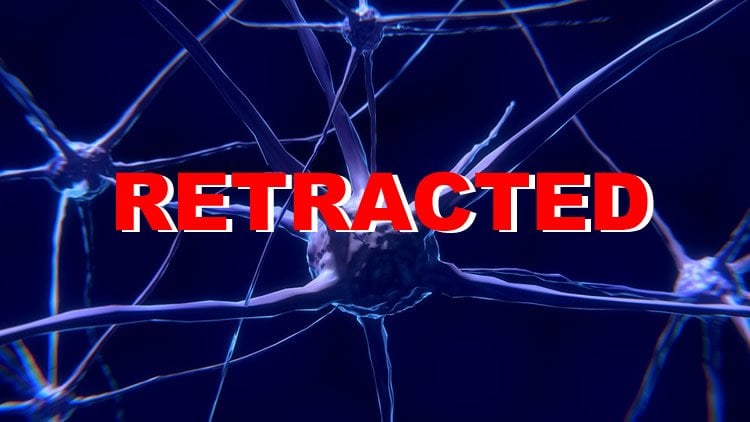Summary: A study into the consumption of microplastics by larval fish has been retracted from the journal Science following reports of misconduct in the research.
Source: Uppsala University.
The research article on consumption of microplastics by larval fish that was reported for misconduct in research will be retracted from the journal Science. The researchers behind the study themselves requested to retract the article at the end of last week, following sharp criticism of the study in an opinion from the Central Ethical Review Board.
In their letter to the journal, the researchers explain their request to retract the article by stating that science has to rest on solid ground and that the results of their study, even if correct, will not be trusted as long as a suspicion of misconduct remains. For this reason, the researchers request to retract the published research article.
The article concerned was published in the journal Science at the beginning of June 2016. In conjunction with the publication, Uppsala University issued a press release about the study and the research attracted widespread media coverage both in Sweden and internationally.
In the article, the researchers described their discovery that fish at early stages of development change their behaviour and exhibit poorer growth if they have access to microplastic particles. They wrote that larval perch preferred microplastics to natural food sources such as zooplankton, leading to greatly increased mortality rates.
The study was reported for misconduct by a group of researchers. Immediately after the allegation, the University initiated a preliminary investigation, in which an external group was commissioned to state its opinion on the matter in light of the University’s internal regulations. At the same time the complaint was forwarded to the expert group for misconduct in research at the Central Ethical Review Board for an opinion.
The report from the external group of experts appointed by the University was completed in August 2016 and concluded that no misconduct could be established. The opinion of the Central Ethical Review Board was received on 28 April 2017. The opinion contains sharp criticism of the researchers. The Board also criticises Uppsala University for the preliminary investigation and the journal Science, which published the research.

The University will take both reports into account in its coming decision on the complaint of misconduct in research. The conclusions reached by the two reports differ, but they also proceed from different regulatory frameworks and cover different quantities of material, and the University will have to take this into account in its decision. One point on which the reports agree is that the data was inadequately backed up.
“We take what has happened very seriously. It may damage confidence in the University and in research. It is also very difficult for all those involved. We intend to thoroughly review all aspects of the case, but we cannot say at present exactly how we will go about this,” says Johan Tysk, Vice-Rector of the Disciplinary Domain of Science and Technology at Uppsala University.
More Information: The study in question: Lönnstedt O.M., Eklöv P. 2016 “Environmentally relevant concentrations of microplastic particles influence larval fish ecology”. Science. doi:10.1126/science.aad8828
Source: Linda Koffmar – Uppsala University
Image Source: NeuroscienceNews.com image is credited to Neuroscience News.
[cbtabs][cbtab title=”MLA”]Uppsala University “Study on Microplastic Particles to Be Retracted.” NeuroscienceNews. NeuroscienceNews, 4 May 2017.
<https://neurosciencenews.com/article-retraction-microplastic-6592/>.[/cbtab][cbtab title=”APA”]Uppsala University (2017, May 4). Study on Microplastic Particles to Be Retracted. NeuroscienceNew. Retrieved May 4, 2017 from https://neurosciencenews.com/article-retraction-microplastic-6592/[/cbtab][cbtab title=”Chicago”]Uppsala University “Study on Microplastic Particles to Be Retracted.” https://neurosciencenews.com/article-retraction-microplastic-6592/ (accessed May 4, 2017).[/cbtab][/cbtabs]







